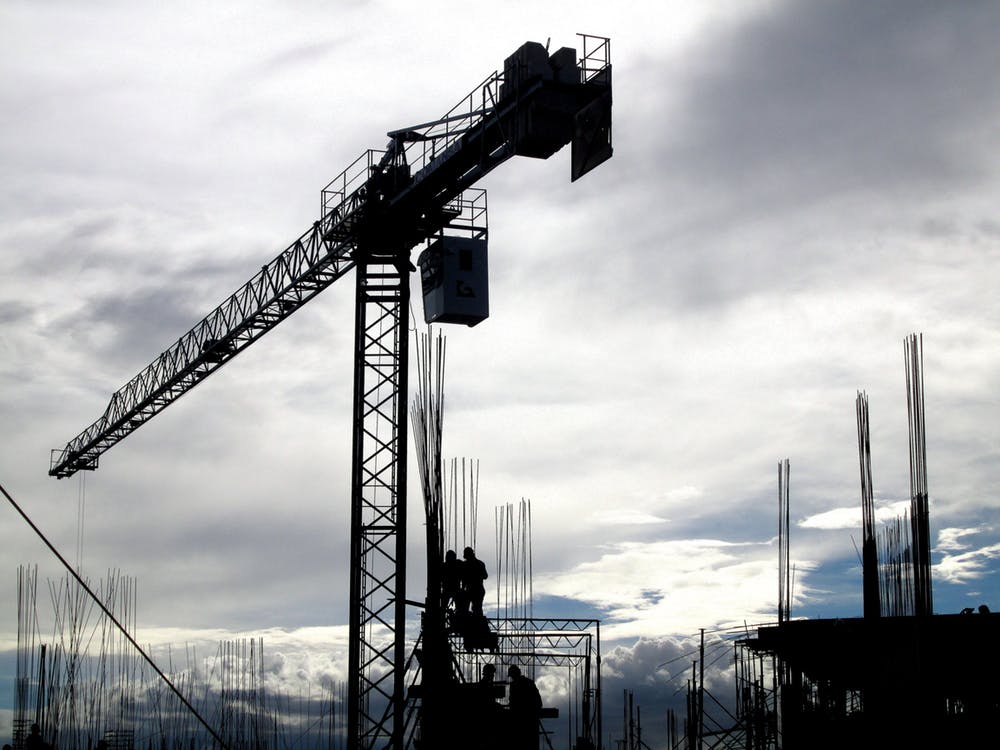July 1, 2018. President Andrzej Duda signed the "Law on Facilitation of Preparation and Implementation of Housing Investments and Associated Investments," also known as the housing speculative law or lex developer.
The law in question is a tool for implementing the National Housing Project, which is expected to reduce the housing deficit by building about 2.5 million housing units by 2030.
The law is expected to be in effect for 10 years and facilitate the creation of new housing for citizens. As the law currently stands, residential construction investments are very complicated and time-consuming. Investors have to juggle between stringent administrative and construction regulations in order to realize the planned project. The government, in order to help in this regard, has changed the law in favor of developers by now giving them opportunities to carry out investments more efficiently.
Thanks to these changes, developers will now be able to build faster and easier, the Law shortens the conduct of the investment process from 5 years to one year, and allows construction on land that was previously unattainable for residential investment, namely agricultural, post-military, post-oil and post-industrial land within the borders of cities. The investment will be able to be carried out without regard to the local zoning plan, and exceptionally as for the aforementioned, land also contrary to the study of the conditions and directions of spatial development of the municipality. The law restricts the investor only with regard to construction on family allotment gardens, areas particularly at risk of flooding and conservation areas. This means that once a municipality approves the location of a development, the developer will be able to build apartments virtually anywhere regardless of the enacted development plans.
Obtaining the said approval has also been significantly simplified. The developer, after applying for the municipality's investment location, waits 60 days for a decision. In the meantime, the municipality gives only 21 days to raise opinions and concerns about the planned investment, and many relevant safety or environmental institutions have only an advisory role. After this time, the municipality approves or rejects the project by council resolution.
However, developers will have to comply with development standards as part of maintaining urban order. Residential buildings will have to have access to a public road and be within 1 km of a public transportation stop, and within 500 m in cities with more than 100,000 residents. Schools and kindergartens must be within 3 km, unless it is a city with more than 100,000 residents, in which case they will have to be built within 1.5 km. In addition, the developer must provide residents with access to recreational areas, leisure or sports facilities, at the same distance as the school or kindergarten. Developers have also been restricted in terms of the height of planned buildings, they can be a maximum of 14 stories.
However, the law is highly controversial. Experts are concerned that local government control in this area is very truncated, so it can be said that developers are given the ability to decide where to build without significant restrictions from the state. The law does not ensure that the housing built will be affordable for citizens, developers will continue to decide for themselves in this regard.
In conclusion, it can be assumed that, thanks to the new law, developers have received more from the state than they expected, for meeting basic investment standards, they will be able to build residential structures quickly and in locations previously unavailable, without the need for changes under development plans.







